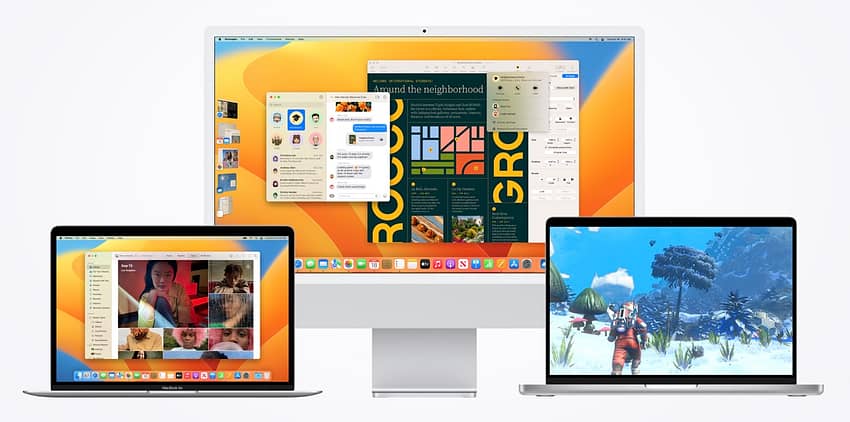Each year, Apple releases a new version of macOS. As well as adding new features of varying importance, Apple makes a bunch of under-the-covers changes. For example, back in 2007 Apple added support for 64-bit apps and completely removed 32-bit support three years later. In addition, there have been changes to Apple’s file system, security changes and myriad other updates. In many cases, these changes render older apps either unstable or unusable.
Of course, Apple likes to sell new Macs so with each successive macOS version, some hardware becomes unsupported with the newest operating system. And Macs have a very long lifespan – my 2011 MacBook Air still works although it is sluggish by modern standards – so owners like to keep them running for many years. When I was the editor of Macworld Australia, I asked readers how old their Macs were. Some were using 20+ year old systems. That means staying up to date is about more than a free annual download.
So, why should you keep your Mac running with the latest version of macOS – or at least a very recent version?
1. Take advantage of the latest macOS features
Apple adds new features with each version of macOS. With the latest release, macOS Ventura, Apple added Stage Manager – a new way of switching between open applications. And there are updates to Mail such as the ability to schedule messages, improvements to Safari and numerous other changes. The only way to benefit from those changes is to update to the latest version of macOS.
2. Application support
As Apple makes changes to macOS, application developers update their software to take advantage of new frameworks and platforms. This, in turn, allows them to add new features. In some cases, developers may even stop supporting older versions of macOS in order to add new features that work with more recent macOS releases.
3. Security
Apple continues to bolster security across every operating system it develops. Over the years, Apple has improved disk encryption, warnings and notifications when applications access sensitive information, and the new Lockdown Mode. And while Apple does release security updates for older versions of macOS, it doesn’t support every version of macOS that might be in use. And older operating systems may take longer to get security updates. Staying up to date is the best way to ensure you get software updates promptly.
4. Incremental vs major change
There was a time when operating systems updates came every few years. That allowed Apple to stockpile new features and changes to the look and feel of OS X (which was eventually renamed macOS). As a result, updates were a really big deal, often accompanied by major change that created anxiety for users as they had to negotiate lots of change all at once. Now that macOS updates are annual, the changes are less extreme. By not updating regularly, it can be harder to adjust to and learn new features.

Anthony is the founder of Australian Apple News. He is a long-time Apple user and former editor of Australian Macworld. He has contributed to many technology magazines and newspapers as well as appearing regularly on radio and occasionally on TV.

